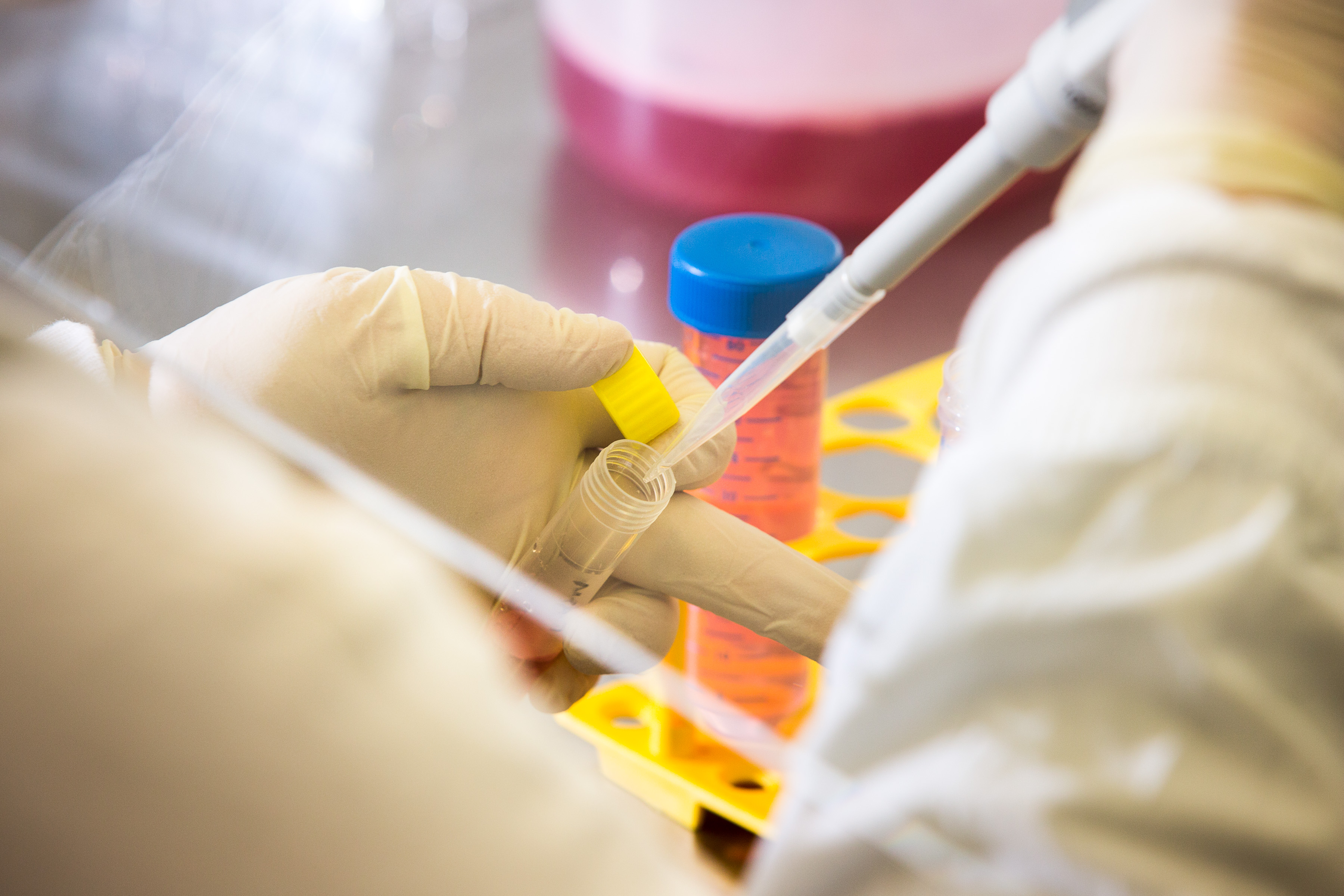News release
From:
Peer review: Nature Communications
Funding: NHMRC, MRFF, Victorian Government
This research used human samples.
Australian scientists have described the evolution of immunity levels up to four months following COVID-19 infection, finding that while antibody levels drop dramatically in the first one to two months, the decrease then slows down substantially.
The findings suggest that protective COVID-19 vaccines should ideally generate stronger antibody responses than natural infection.
The research team, including University of Melbourne Dr Jennifer Juno, a Senior Research Fellow at the Peter Doherty Institute for Infection and Immunity (Doherty Institute), have been investigating how the immune system, particularly B and T cells, responds to the COVID-19 spike protein.
The spike protein enables SARS-CoV-2 to attach and enter cells in humans and is crucial in inducing neutralising antibodies to protect from re-infection.
B cells are responsible for producing the antibodies that recognise SARS-CoV-2, while T cells play an important role in supporting the development of the B cell response.
Dr Juno said one of their striking observations was that over the four months they were tracking the patients, the number of B cells recognising the spike protein actually increased in almost all of them, regardless how severe their disease was.
“This is interesting because our work and other recent studies suggest these B cells are continuing to accumulate and potentially evolve over time. That should be useful for protection in the event of another exposure in the sense that those ‘memory’ cells should be able to be activated again,” Dr Juno said.
“While we still don’t know how much antibody you actually need to be protected, either through a vaccine or through natural infections, the recent results from phase 3 vaccine trials should soon allow us to understand how long natural immunity should last.
“In addition, what remains to be understood is whether these changes in B cell memory can help the immune system to recognise and be protected against new SARS-CoV-2 variants that are currently emerging.”
Dr Juno said recent data on the leading vaccines show they are eliciting at least double the antibody levels as natural infection, which is very encouraging.
This research was conducted in collaboration with the Kirby Institute at University of New South Wales and Flinders University.
Please register for the ZOOM PRESS CONFERENCE via the link below:
When: Feb 19, 2021 11:30 AM Canberra, Melbourne, Sydney
https://unimelb.zoom.us/webinar/register/WN_Md_Ox-zQRMmmw6nkU9Vmkw
After registering, you will receive a confirmation email containing information about joining the webinar.
A recording will be available shortly after the conclusion of the press conference. Send an email to Catherine Sommerville to be sent a link to download.



 Australia; VIC
Australia; VIC


